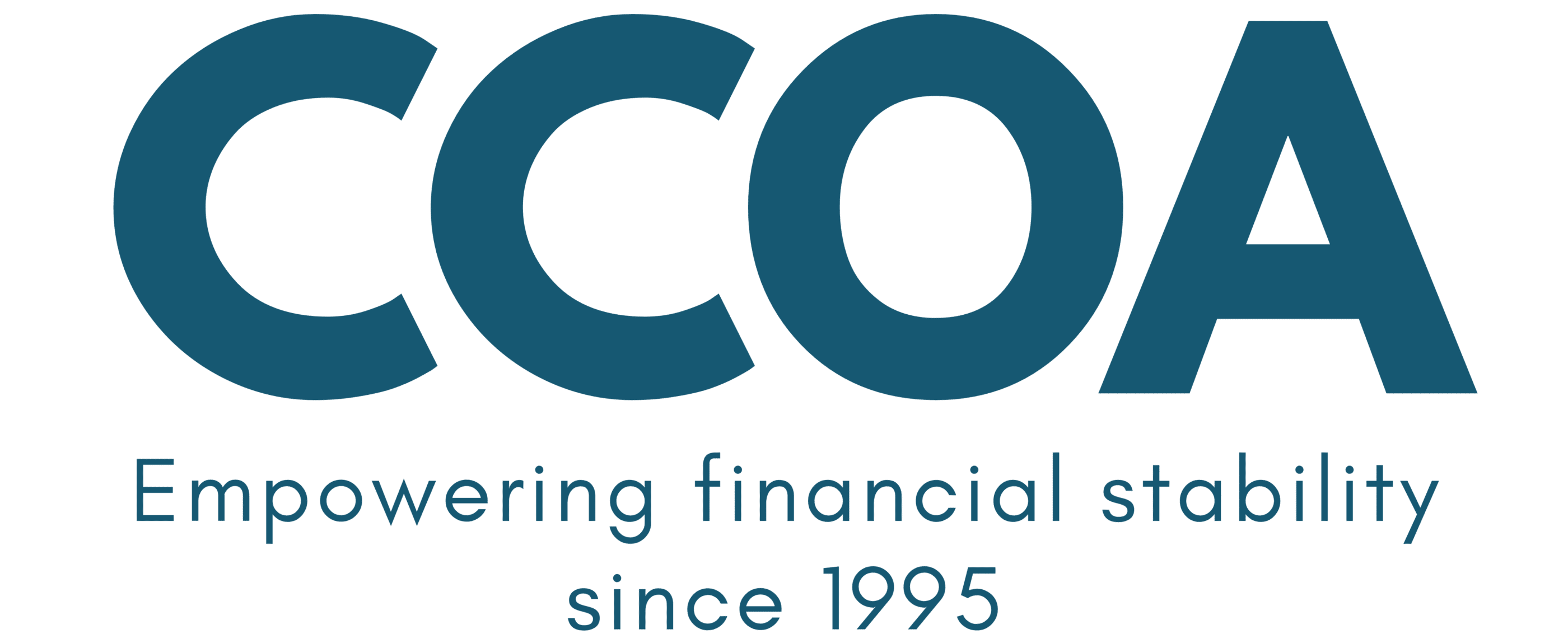There are a ton of resource lists floating around out there to help you navigate the impacts of COVID-19. Our caring financial professionals have been scouring the internet for the best resources to help you make better money decisions during the pandemic. We’ve pulled together the most useful information and tools we could find to help you stay informed and keep your finances stable. Below are the topics this guide covers. Just click a topic to skip ahead to the resources.
- Student Loans
- Health guidelines
- Eviction/Foreclosure
- Unemployment
- Scams
- Banking
- Financial tips/resources in a COVID-19 world
- Debt collection
- Credit protection
- Economic Impact Payments (“Stimulus checks”)
Student Loans
It’s critical to stay on top of your student loan payments. Falling behind can hurt your finances through added interest accrual, a high debt to income ratio and negative impacts to your credit history. But there’s some good news out there for borrowers who need help reducing expenses related to student loans including a 0% interest period and administrative forbearance. Take a look at the resources from StudentAid.gov and StudentLoanBorrowerAssistance.org.
Health Guidelines
As we exit the quarantine life and reenter our communities, everyone will play an important role in our collective safety. Parents, students, business leaders and employees need to know the best practices for keeping themselves and others protected from COVID-19 and other illnesses. The resources from the CDC will help you implement and observe guidelines to reduce disease transmission.
Eviction and Foreclosure
Helping people stay in their homes is something our caring financial professionals have been doing for years. Now there are more tools and resources to help people undergoing financial hardship stay in their residence. Find out what relief you qualify for, explore you options for mortgage forbearance, and learn what legal rights you have.
- Determine your loan type
- Find out about forbearance (CFPB Video)
- CFPB Mortgage Relief Overview
- HUD Fact Sheet
- Federally Backed Loan Info
- Know your legal rights (NCLC)
- NHLP on Federal CARES Act
Unemployment
With over 20 million applications submitted for unemployment, many Americans are struggling with lost income. The links below will help you access the right information so you take advantage of the recent increases to unemployment insurance, access other social benefits and better yourself ahead of your next job.
- Find out about the temporary boost to unemployment insurance
- See what you’re eligible to receive
- Look at Legal Aid’s benefits guide for additional info
- Take some time to better yourself with the help the U of A
Scams
It’s sad, but there are folks using the fear this pandemic has created to steal from you and your neighbors. Take a look at some of the most common tricks out there and learn to avoid and report scams.
- Avoid scams that can jeopardize your housing (Fannie Mae)
- The most common scam types (Bankrate)
- How to avoid Coronavirus email phishing scams (Consumer Reports)
- Report a scam to the Federal Trade Commission
Banking
Having a connection to a local bank is essential most days for convenience and security, but right it’s more important than ever. A simple checking account can help you get your stimulus check faster, monitor your cash flow easily and access bank resources with fewer issues. See how one local bank is helping their customers bridge financial gaps and connect with the best checking accounts available below.
- Arvest Bank personal loan with no payments for 120 days
- Speed up your economic impact payment with a checking account recommended by BankOnAR+
Personal Finance Tips
“What should I do if I can’t pay my bills?”
“What should I do about my credit cards?”
These are questions we hear everyday, and asking the question is a great first step. For answers we invite you to check out the CFPB for some great information and tools to help you build a strategy for stability in uncertain times. Creditors are also stepping up to help people with deferrals. Find out who’s suspending payments, for how long and what you need to do in the links below.
- Resources and tools for staying on top of your finances (CFPB)
- How to strategize when you can’t pay your bills (CFPB)
- What creditors are doing to help customers (Bankrate)
Debt Collection
This is the worst time to get a call or piece of mail from a debt collector. Reduce your stress with some helpful information about your rights, your response and your plan to settle your debt.
- Use these tips from the CFPB to:
- Know your rights according to the Fair Debt Collection Practices Act
- Respond to a debt collector (CFPB)
- Settle your debt effectively
Credit Protection
All three credit bureaus just opened up free weekly credit report access to everyone. Now is a great time to take control of your credit. You may be using some added debt to get by. Find out how to maintain good credit standing along the way.
Economic Impact Payments
Also known as “Stimulus Checks,” these funds are really important to many who are dealing with lost wages and higher expenses related to the pandemic. Here are some questions we’re hearing and links to the best available answers and tools straight from the IRS.





